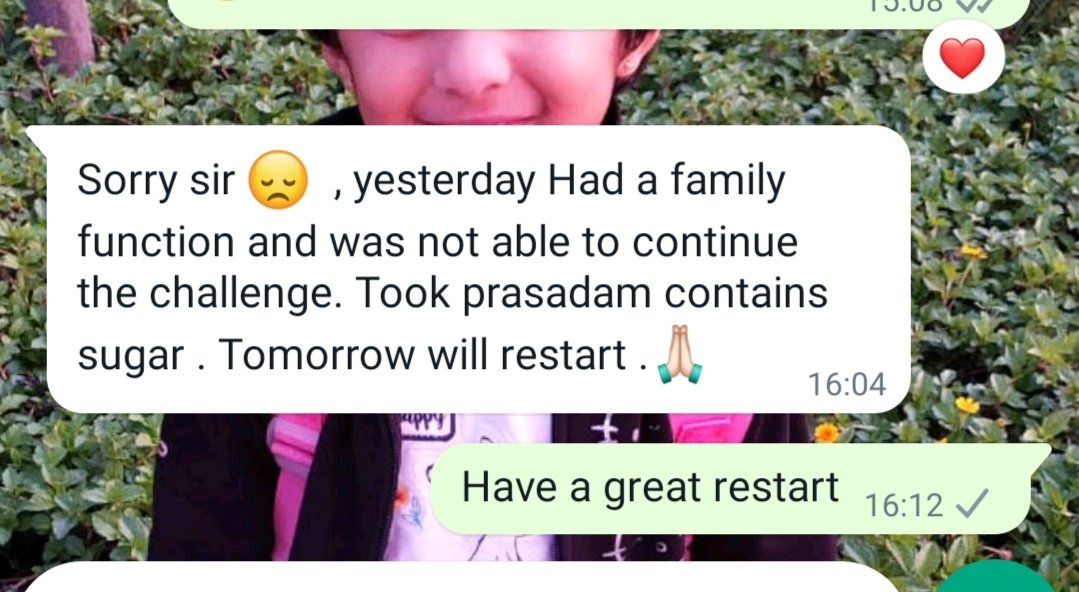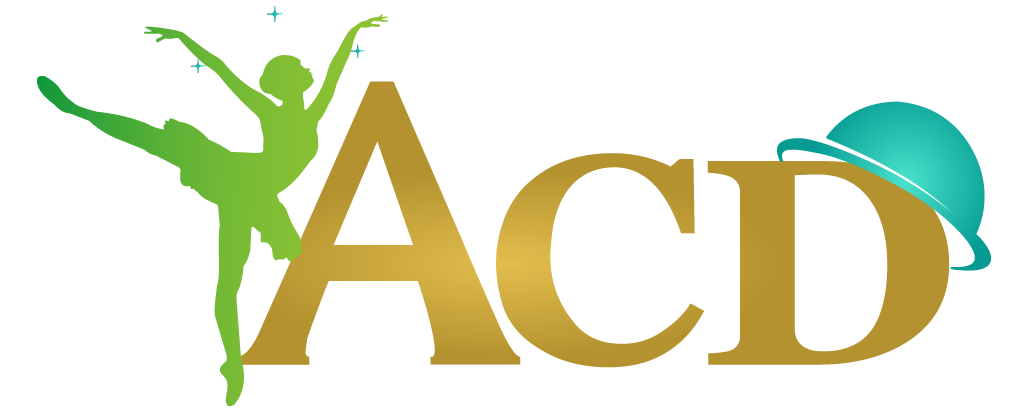A few days ago, we received a message from a participant in our dance community:

“Sorry sir 😔, yesterday had a family function and was not able to continue the challenge. Took prasadam containing sugar. Tomorrow will restart. 🙏🏼”
At first glance, it may look like a simple apology.
But behind these few words is a powerful story of discipline, awareness, inner conflict—and hope.
Let’s break it down together. Because this is not just about one person—this is about all of us.
🧠 1. The Psychology of Guilt: Why We Blame Ourselves So Easily
This person begins with “Sorry, sir.” That tiny word—“sorry”—holds a world of emotion.
According to Dr. Kristin Neff, one of the world’s leading researchers on self-compassion, when people fall short of a goal, their first reaction is often guilt or shame—even if the reason was completely valid.
In this case, attending a family function and accepting prasadam (a sacred offering) is deeply cultural and respectful.
So why the guilt?
Because the brain is wired to associate any “failure” with personal inadequacy—even if it’s caused by an external situation. (Neff, K. (2003). Self-Compassion: An Alternative Conceptualization of a Healthy Attitude Toward Oneself.)
But here’s the twist.
🌱 2. Self-Awareness = Growth Mindset in Action
The same message also says:
“Tomorrow will restart.”
That’s not just a statement. That’s a mindset.
Psychologist Carol Dweck, who coined the term “growth mindset,” explains that the ability to restart after a disruption is one of the clearest signs of emotional resilience.
This student didn’t give up. They didn’t say, “I failed, so what’s the point?”
They said, “I slipped once. I’ll begin again.”
That’s powerful. That’s healing. That’s what dance teaches us every day.
💃 3. The Discipline of the Body Trains the Discipline of the Mind
You may wonder: how is this related to dance?
Let us explain.
Dance is not just movement. It’s a daily relationship with your own body, thoughts, and habits.
Every time you show up on the dance floor—even at home—you’re telling your brain: “I am committed to myself.”
Research from The Journal of Neuroscience (2019) shows that consistent physical practice (like daily dance sessions) enhances your prefrontal cortex—the part of your brain responsible for decision-making and emotional regulation.
That’s why so many of our ACD participants—not just this one—become more disciplined, self-aware, and forgiving through dance.
🕉️ 4. Culture vs. Consistency: It’s Not Either-Or
This student mentioned they ate prasadam—sacred food offered at a religious event.
In Indian culture, refusing prasadam is often seen as disrespectful. So what do you choose?
Culture or commitment? Ritual or routine?
The beauty is—you don’t have to choose.
The real learning is this: your journey doesn’t break when life interrupts it. It just bends for a moment.
As long as you restart with intention, your growth continues.
(Ref: Tara Brach, “Radical Acceptance,” 2003 — the act of pausing, forgiving, and resuming is a vital part of long-term transformation.)
🫶 Final Thought: You Are Not Behind — You Are Restarting
One missed day doesn’t undo your progress.
One plate of prasadam doesn’t cancel your discipline.
The fact that this student shared their moment honestly, and promised to restart… shows something far deeper than fitness.
It shows healing.
🔁 Want to Restart Too?
If you’re someone who:
- Started something and stopped midway…
- Felt guilty for slipping once…
- Wants to get back into movement, but needs a gentle push…
Then this is your moment to restart.
Join our next 5-day online dance workshop. Just ₹200.
Zero judgment. 100% support. Science + Soul + Sweat.
👉 https://learn.anyonecandance.in/acd
Your restart doesn’t need to be perfect.It just needs to begin.
Because Anyone Can Dance
